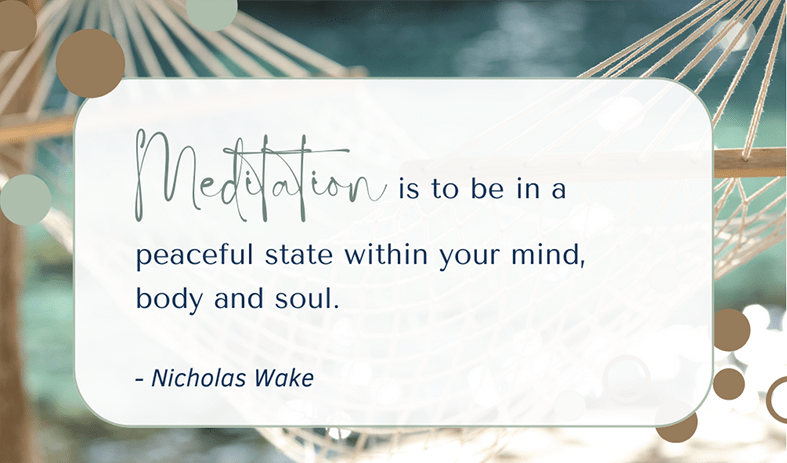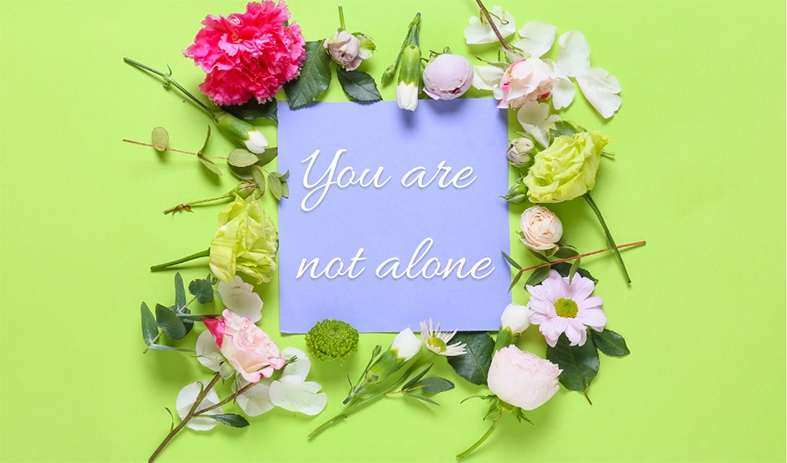guided meditation, Health Benefits of Meditation, Meditation Sydney
Benefits of Meditation for Mental Health
How Meditation Helps with Focus, Stress and Anxiety (Psychotherapy & Psychology Perspective)
The benefits of meditation for mental health have been recognised for centuries throughout the world. Most recently, psychologists and psychotherapists have started integrating meditation into their practice in clinical settings. Meditation helps with focus, stress, and anxiety and sets it apart from other therapies. It is drug-free and heals the mind and spirit from within.
Meditation Helps with Focus, Stress and Anxiety
Slow the Waves Down
Imagine a tiny sea creature in the vast ocean – perhaps a prawn. As the waves pull up water from the ocean floor and thrash onto the shoreline, the prawn is thrust up and down and flipped around. Now, imagine that prawn is our brain dealing with the moments of each day. No wonder our mental health, focus, memory, concentration, and stress are all breaking points.
When we meditate, we slow the waves down. We see each one and its unique characteristics. We notice how the waves swirl. How they catch the light and how they refresh the scorching sand as it ebbs and flows across the shoreline. When we meditate, we appreciate it for what it is and begin to understand it intrinsically.
Connect to the Strength Within with Meditation
“I am unwanted” is an incredibly powerful thought, but it is not true. It is just a thought. Learn to see these types of thoughts as just that – thoughts. Accept that it has entered your consciousness and discard it. During guided meditations, you will be brought back to guided visualisation. Whether you are flying above the Australian bush or walking into a magical garden, or simply visualising chakra colours swirling around your body, meditation is a powerful tool of the mind. It is also a tool that can be used amid stressful events, as you can draw on past meditations to ground yourself and slow the waves.
When you learn to meditate and as you practice and meditate more deeply, you connect more deeply to the strength within and the strength you can attract from the earth and divine spirits.
Benefits of Meditation for Mental Health

Meditation Helps with Focus, Stress and Anxiety
What are some of the benefits of meditation for mental health?
• Increase confidence in your personal ability to regulate emotions and negative thoughts(*1).
• Connect with the physical body, physical sensations, and breath(*1).
• Identify parts of the body that feel blocked or painful and learn to focus energy on these areas to heal(*2).
• Improve sleep.
• Focus and concentrate for longer periods.
• Communicate more effectively with others.
• De-escalate rising emotions – particularly those related to fear and stress.
A Positive Flow-On Effect
The flow-on effect of healing the mind has a domino effect on physical health. The old saying, ‘you are what you eat’ from nutritionists is a similar concept. In our world, ‘you are what you meditate’. It is a good reminder to focus on healing the inner being first. If the mind and spirit are out of balance, so too will the physical body.
Meditation and Mental Health
Perspectives from Psychotherapy and Psychology
Marsha Linehan is an American psychologist and creator of dialectical behaviour therapy (DBT). Linehan has seen the positive effects meditation has on mental health and mental health disorders first-hand(*3). Through her work, meditation has been legitimised as an effective tool to manage mental health conditions in clinical settings(*3).
What is DBT?
Dialectical behaviour therapy (DBT) incorporates aspects of CBT (cognitive behavioural therapy) and meditation (including guided meditation and mindfulness). It assists people in increasing their tolerance to stress, distress, and negativity, regulating emotions and improving interpersonal skills(*4). These are all benefits found in meditation(*3).
Meditation is an Age-Old Tool for Improving Mental Health
In clinical settings, the recognised integration of meditation as an effective tool for managing mental health conditions is relatively new. This is because therapies were traditionally based on changing behaviour rather than acceptance and awareness of reality(*5).
Meanwhile, meditators the world over have been utilising meditation to improve mental health for centuries. For modern science to be integrating this age-old practice is a great win for people suffering from a range of mental health disorders around the world.
Meditation teaches how to accept the past, present, and future and to be accepting of thoughts as they come. Initially, thoughts will flood into the mind but through practice, the mind can be slowed allowing the meditator to acknowledge and discard unhelpful thoughts.
In Studio Guided Chakra Meditation

From moment to moment, day-to-day, life tends to happen without us even noticing. Regularly and deeply meditating teaches the brain to slow down, to feel (and be) grounded. Most importantly, it allows for mental and physical healing. Start your healing journey today under the guidance of Senka at Meditation in Sydney.
If you feel anxious about attending a meditation class in person, that is ok. You are welcome to purchase the 4 month meditation course kit, posted to you upon purchase so you can practice guided meditation from the comfort and safety of your home.
References
*1. Jennings, JL & Apsche, JA. The Evolution of a Fundamentally Mindfulness-Based Treatment Methodology: From DBT and ACT to MDT and Beyond. International Journal of Behavioral Consultation and Therapy. Vol. 9. No. 2, 1–3pp. 2014.
*2. Kallapiran, K, Koo, S, Kirubakaran, R & Hancock, K. Review: Effectiveness of Mindfulness in Improving Mental Health Symptoms of Children and Adolescents: A Meta-Analysis. Child Adolescent Mental Health. Vol. 20. 182-194pp. 2015. Yoga in Sydney dissolves stress from the body.
*3. McGee, M. Meditation and Psychiatry. Psychiatry (Edgmont). National Library of Medicine. Vol. 5. No. 1. 28 – 41pp. 2008.
*4. Amwell. What is the difference between DBT and CBT? American Well Corporation. 2022.
*5. Lau, MA & McMain, SF. Integrating Mindfulness Meditation with Cognitive and Behavioural Therapies: The Challenge of Combining Acceptance- and Change-Based Strategies. The Canadian Journal of Psychology. Sage Publications. Vol. 50. No. 13. 863 – 869pp. 2005.

